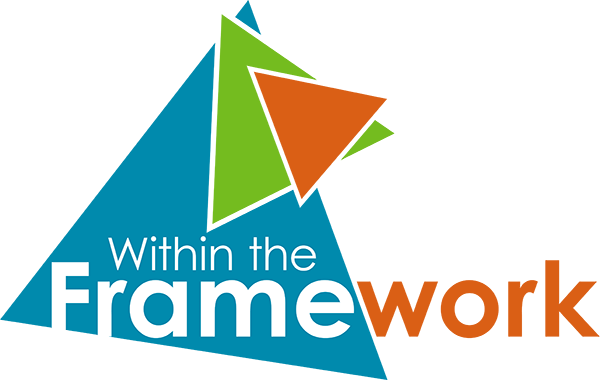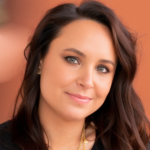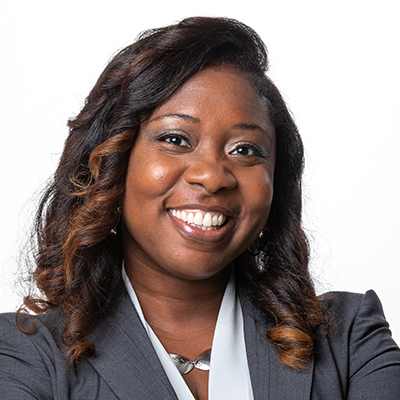This webinar introduces 10 dimensions of belonging and explores how Pyramid Model programs, providers, and policies can progress beyond family engagement. Presenters will share practical examples for designing and cultivating environments and experiences that celebrate families’ strengths and value their essential role in the community, fostering a meaningful quality of life for all.
Being Present to Having a Presence: Family Belonging in the Pyramid Model

Date:
Jul 10, 2024Time:
3:00 PM(Eastern Time Zone)
Duration:
60 min
Related Resources
Certificate Info
Certificate of Attendance A downloadable certificate is available for both live and recorded webinars. To receive the certificate, you must fill out the evaluation survey. How to Access the Survey Recording viewers: The URL link for the survey will be displayed at the end of the webinar. You will need to type that URL into your internet browser to access the survey and certificate. Note: Type the URL exactly as you see it. URL is CASE SENSITIVE. Once you submit the survey, the certificate will appear. You can then save and/or print your certificate.
NCPMI Presenter(s)

Ben Riepe
University of Denver
Ben Riepe, MA is an Inclusion Coaching Specialist for the Positive Early Learning Experiences (PELE) Center at the University of Denver. In addition to supporting the National Center for Pyramid Model Innovations, Ben is staff on the Early Childhood Technical Assistance Center (ECTA). Ben has 13 years of experience as a Head Start teacher, coach, and trainer. Here he supported high fidelity program-wide implementation of the Pyramid Model with families of diverse backgrounds in Denver, Colorado. He then worked at the Colorado Center for Social Emotional Competence and Inclusion for 6 years supporting communities in their efforts to embed evidence-based practices into their systems and classrooms.

Meghan von der Embse
University of South Florida
Meghan von der Embse is a Learning and Development Facilitator with the Florida Center for Inclusive Communities at the University of South Florida (USF). She provides training, technical assistance, and ongoing coaching supports for early childhood programs to build capacity implementing and sustaining Pyramid Model Supports. She also serves as the Assistant Director of the Program-Wide Positive Behavior Support Project at the University of South Florida. This project is funded by the Children’s Board of Hillsborough County. Meghan had previously served as the Director of Behavior Support Services at Easter Seals of Southeastern Pennsylvania and the Positive Behavior Intervention and Supports (PBIS) Facilitator for the agency’s early childhood and special education preschool programs. Meghan received her Education Specialist degree in School Psychology at Miami University and is a nationally certified school psychologist. She has practiced as a K-12 school psychologist in four states (OH, MI, NC, NE) and has expertise in providing training and technical assistance with multi-tiered systems of support (MTSS).

Julia Sayles
Georgetown University
Julia Sayles is a Licensed Mental Health Clinician (LMHC) who has spent the last decade serving early childhood populations through direct clinical work, training and technical assistance, and product development. Julia is a research instructor at Georgetown University where she supports infant and early childhood systems of care work as well as training and technical assistance for the Head Start Center on Health, Behavioral Health, and Safety. Julia is also a member of the pyramid model master cadre for Massachusetts where she supports Pyramid Model implementation across a variety of settings.

Jaclyn Joseph
University of Denver
Dr. Jackie Joseph is a Research Associate Professor at the University of Denver Positive Early Learning Experiences Center, where her work promotes high-quality inclusion across all levels of the early childhood care and education system. She specifically focuses on family partnerships and evidence-based strategies for fostering each and every young child’s social, emotional, and behavioral development. Jackie’s experience working in child care administration offers her an applied understanding of implementing and scaling inclusive practices and models, and particularly the Pyramid and LEAP Models. Dr. Joseph has two young children herself, one of whom has a rare genetic syndrome. Her anti-ableist research and work are strongly influenced by her family’s experiences and center around diversity, equity, inclusion, and belonging. In all of her projects, Jackie strives to co-create opportunities and spaces that ensure that all young children, disabled and nondisabled, and their families experience meaningful inclusion and belonging.
Guest Presenter(s)

Aniva Lumpkins
School District of Palm Beach County
Aniva Lumpkins, Ed.S., is a clinical supervisor of school psychologists and a third-year doctoral student pursuing her PhD in Special Education. As a recipient of the Project INCLUDE fellowship, funded by the U.S. Department of Education Office of Special Education Programs (OSEP), she has centered her research on early intervention efforts that support racially, ethnically, and linguistically diverse (RELD) children with or at risk for disruptive behavior disorders and early learning problems. Her 18 years as a school psychologist have afforded her a wealth of experience supporting students and their families as they navigate the educational system. With her recent work as the first Policy Intern for the Teacher Education Division of the Council for Exceptional Children (CEC), she has leveraged such experiences to explore how policy might best support efforts to shape practices that impact the quality and future of special education in light of the intersection of race, culture, gender, disability, and poverty. Aniva aims to examine how a culturally responsive approach to Pyramid Model implementation within early childhood settings mediates the use of exclusionary discipline practices, enhances home, school, and community engagement, and improves the outcomes for minoritized youth, particularly young Black children.



